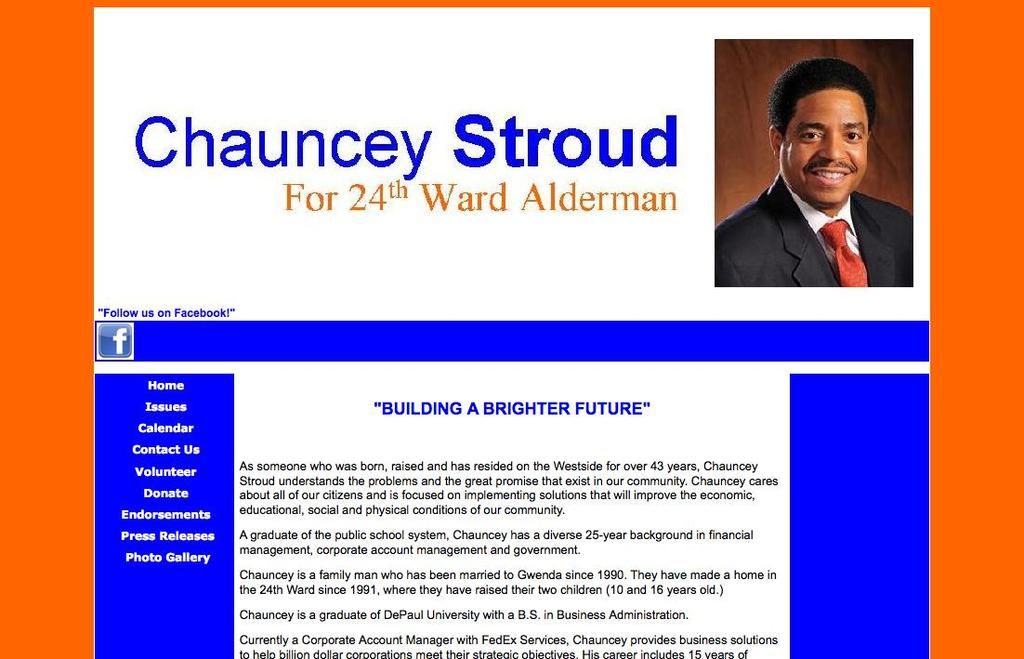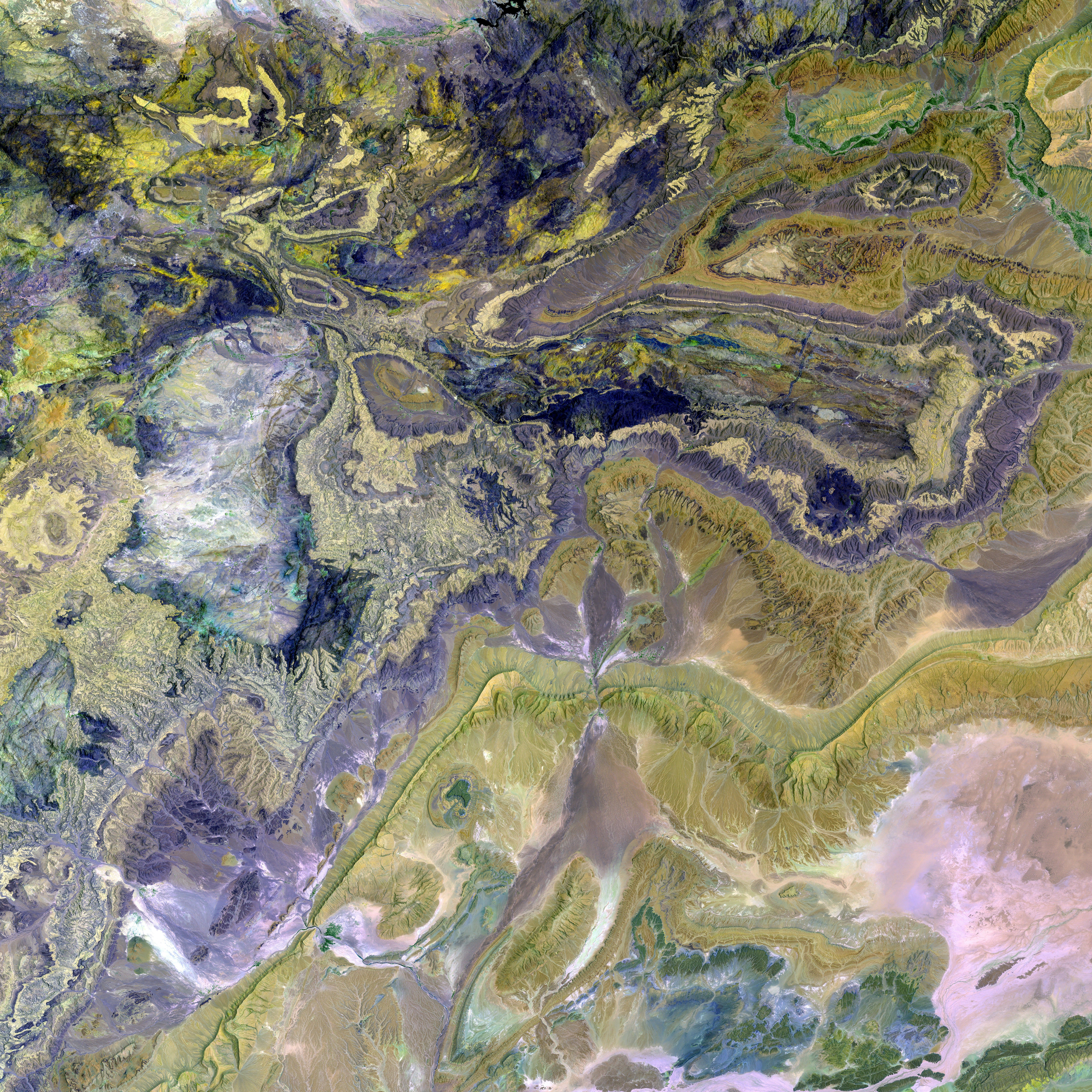OpenAI desires access to all NYT reporters' jottings and private records.
In the latest twist to The New York Times' controversial copyright lawsuit against OpenAI, the tech company is demanding access to the Gray Lady's journalists' raw notes, interview memos, and cited materials.
Initiated in 2023, the lawsuit alleges copyright infringement by OpenAI's flagship product, ChatGPT, which is said to operate as a plagiarism machine. The large language model is criticized for its tendency to devour and remix existing written works, generating content strikingly similar to the originals.
The legal battle has been raging since last year, with OpenAI countering the Times' claims by alleging that the newspaper has manipulated ChatGPT, tricking it into plagiarizing their content. In court records filed on July 1, OpenAI made a bold request – it seeks "documents sufficient to show each and every written work that informed the preparation of each of Your Asserted Works."
OpenAI further argued that copyright claims are valid only when the works are original to the author. Therefore, the Court should command the Times to produce documents that demonstrate which portions of the allegedly stolen articles are unique to the Times. OpenAI's request even extended to "notes, interview memos, and records of material cited related to around 10 million stories."
This mammoth task, if carried out, could consume the Times' resources and potentially delay the trial. Journalists' record-keeping practices vary greatly, with some maintaining meticulous notes and others possessing messy notebooks hidden somewhere.
OpenAI's moves are strategically embroiling the Times in a costly and time-consuming process, exploiting the differences in resources between a multi-billion-dollar corporation like Microsoft (OpenAI's backer) and a wealthy but Silicon Valley-outsider media house like The New York Times.
It's worth noting that ChatGPT's hoovering up of journalists' work isn't a new development. While it's up to individual news agencies to decide their course of action, several major players in the industry have already made deals with companies like OpenAI. The Associated Press, Axel Springer, and The Atlantic are among those who have struck agreements with OpenAI, perhaps hoping to be the last to succumb to the model's insatiable appetite.
In the end, maybe each is waiting to be the last creature consumed in the lion's den.
- The tech company, OpenAI, is demanding access to The New York Times' journalists' raw notes, interview memos, and cited materials as part of their ongoing copyright lawsuit.
- In its request, OpenAI argues that copyright claims are valid only when the works are original to the author, and it seeks documents that demonstrate which portions of the allegedly stolen articles are unique to The Times.
- This request could potentially consume the Times' resources, as journalists' record-keeping practices vary greatly, with some maintaining meticulous notes and others possessing messy notebooks hidden somewhere.
- OpenAI's strategic moves in this legal battle are seen as an attempt to exploit the differences in resources between a multi-billion-dollar corporation like Microsoft (OpenAI's backer) and a wealthy but Silicon Valley-outsider media house like The New York Times.







